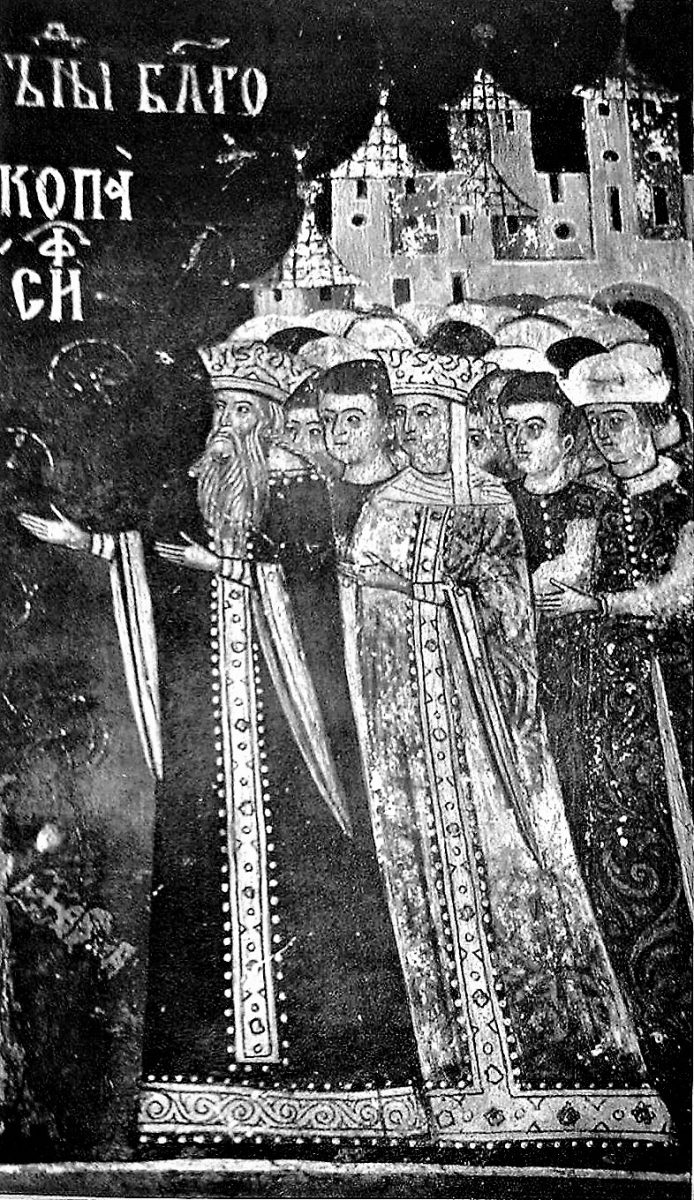
During the 14th century, when the principalities of Wallachia and Moldavia were established, the population was sparse, and the number of merchants and craftsmen were few. The rulers of the two principalities were willing to grant foreign merchants and craftsmen privileges, so that they would come and settle there; among them a large number of Jews. At the time, persecution of Jews throughout Central Europe increased, and many Jews who had left Germany, Austria, and Hungary, found refuge in Moldova and Wallachia. They were given reprieve from taxes, allowed to build synagogues, and established trade centers, inns, flour mills and workshops in the towns.
In Wallachia, the Jews from Hungary who had been expelled in 1367 found shelter. Voivod Dan, the ruler of Wallachia from 1383-1386, was the first prince known for granting privileges to Jews. As a result, Spanish Jews from the Balkan Peninsula and those from western Hungary settled in Wallachia. Some of them were given important roles in the Prince's courts and filled diplomatic positions on their behalf.
In Moldova,the first Jews to arrive were from neighboring Poland. For most of its existence, the principality of Moldavia was under foreign rule. Beginning in 1387 Moldova was ruled by Poland and from 1453 by the Ottoman Empire. There were also princes who imposed limitations on the Jews, for example, Alexandru Lăpusneanu during his first reign in 1552-1556, but overall their situation was good. This was seen by the fact that when Bukovina was annexed to Austria in 1774 and Bessarabia to Russia in 1812, when the Jews in these areas fled to Moldova, whose rulers were more tolerant.
Transylvania during the middle ages was an autonomous principality with its voivode (governor) under the Hungarian suzerainty. Until the 14th century Jews went to Transylvania for short periods of time for business reasons, without setting up permanent residence. Information about the Jews within Transylvania became more detailed in the 14th century after Transylvania began to tighten its economic and commercial ties with Jews from Poland, Wallachia, Hungary and the Ottoman Empire.There are also sources indicating that Jews settled in the cities during the period between the 14th and the 16th centuries, and there is much evidence that there was Jewish presence in Transylvania in the second half of the 16th century. In 1623, Gabriel Bethlen invited Jewish merchants from the Ottoman Empire to develop trade in Transylvania, giving them a charter the status of Jews there for the next two hundred years; assuring Jews freedom of movement, residence, commerce and religion.